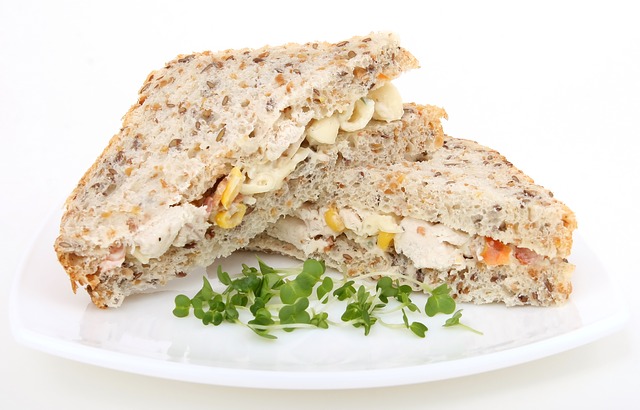The Ideal Nutrition For Recreational Athletes
Those who exercise want to keep fit, improve their performance – and sometimes keep their weight under control.
Even if amateur athletes like recreational cyclists are not looking for new world records, they still should look into their safety by using top moto helmets. They should value the right nutrition. After all, your body does more if it is optimally supplied with nutrients, vitamins, and minerals. Fats should not exceed 30 percent of the total energy intake.
The Power of Nutrition
Meaningful drinks
The fluid balance should be balanced again a maximum of two hours after exercising. Isotonic drinks are ideal for high-performance athletes to quickly compensate for water and energy losses. Fruit juices diluted with mineral water, i.e. spritzers, are an adequate substitute here.
Valuable carbohydrates
” This blood is missing to supply the muscles,” explains Zeilberger. If the food is too fat, it stays in the stomach for longer and causes heartburn when you exercise, Depending on the sport, healthy carbohydrates should make up 50 to 60 percent of the diet, especially for endurance athletes, says graduate sports scientist and triathlon trainer Thomas Hildebrandt-Strobl. If the training lasts longer than 90 minutes, you should provide your body with quickly available energy, for example from drinks.
Eat after exercise
After an hour of exercise, two-thirds of the glycogen stores are exhausted and should be replenished. Studies have shown that a lot of glycogen is built into the muscles in the first one to two hours after exercise.
“Most of the time, these preparations are neither sensible nor performance-enhancing – unless there is a proven deficiency,” says Dr. Karlheinz Zeilberger.
Protein and muscle building
Basically, athletes do not have to worry about eating too little protein. The protein intake in Germany is often above the recommendation of 0.8 grams per kilogram of body weight per day. “This is why strength athletes should place less emphasis on protein intake and more on adequate and healthy carbohydrate intake,” said Zeilberger.
Exercise while losing weight
Many people exercise to lose weight. Basically, you should be aware that an hour of exercise burns only 200 to 800 kilocalories, depending on the type and intensity. If you want to control your weight, you should be particularly careful with snacks. The long advertised five meals a day are not necessarily recommended for those who want to lose weight.
You lose track of the calories you eat more quickly than with three meals. Even after training, those wanting to lose weight should not consume carbohydrates that are readily available. “This is how you can better use the afterburn effect of the muscles,” says the sports doctor.


